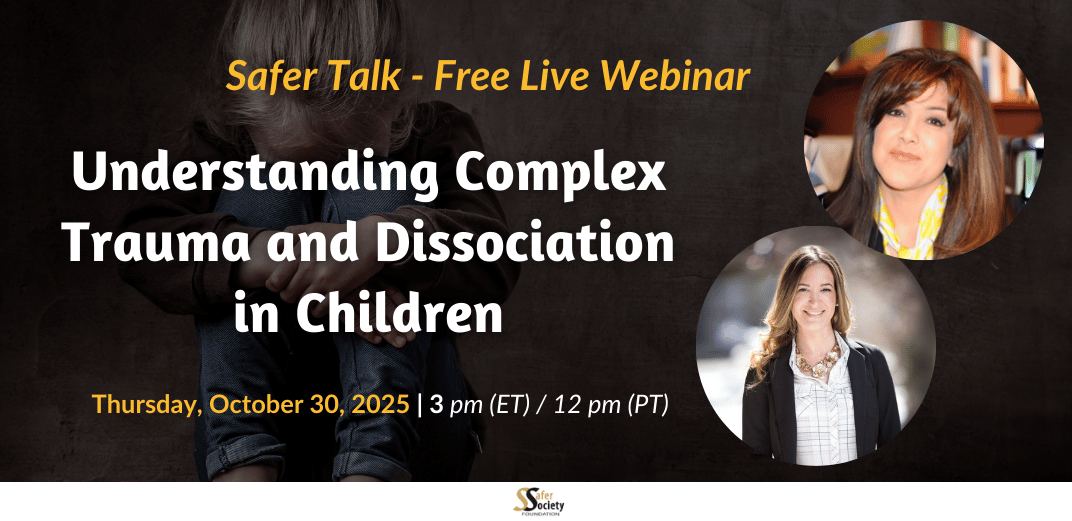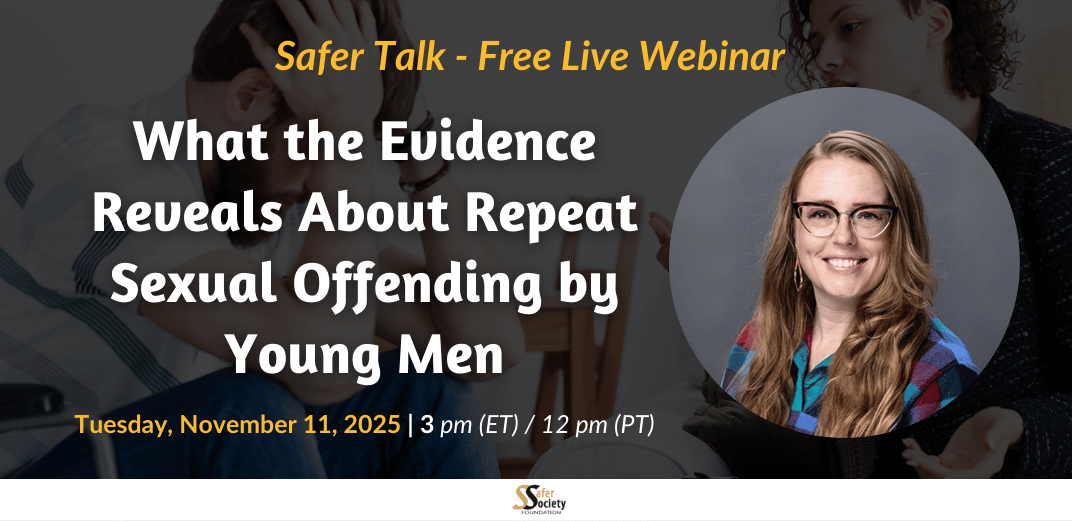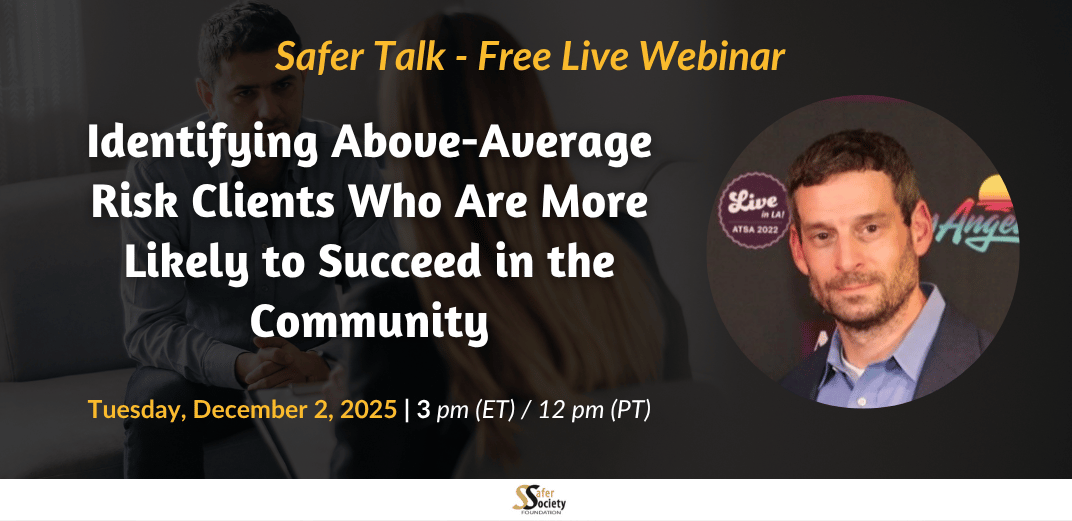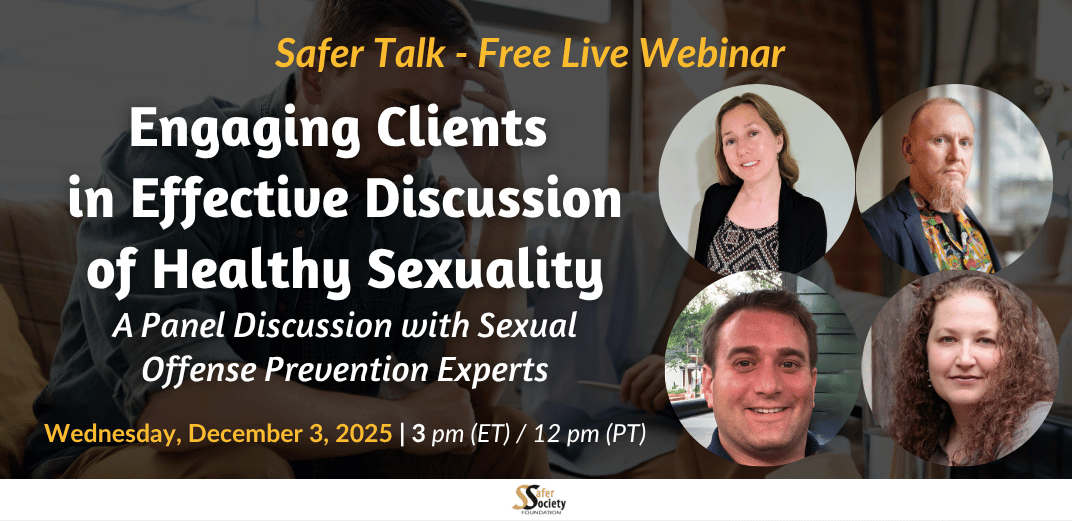
Understanding Complex Trauma and Dissociation in Children
Complex trauma and dissociation are areas that have been rife with misunderstanding and misconception. Understanding these concepts is vital not only for clinicians but for all professionals working with children, as misdiagnosis or oversight can have lasting developmental consequences. In this webinar, Ana M. Gómez, an author, clinician, and international educator, and Jillian Hosey, a clinician in private practice and active leader within multiple organizations, share what they have learned from years of study and practice in the area of complex trauma and dissociation in children. Drawing on both their clinical expertise and their editorial work on the new Handbook of Complex Trauma and Dissociation in Children: Theory, Research, and Clinical Applications—the most comprehensive volume to date on this topic—Ms. Gómez and Ms. Hosey explore our current understanding of these concepts and clarify what each is and isn’t



